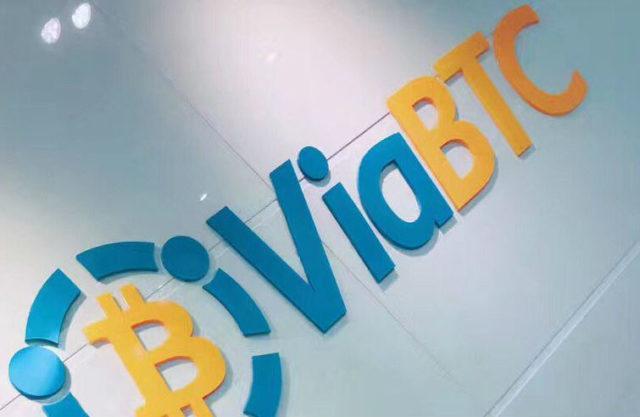It is clear that the pandemic has amplified the feeling of marginalization of all those who already felt they were rejected by society. Hordes of men who lived with their mothers, frustrated by their distance from the world and in particular from that of the couple, who in forced isolation stiffened their feelings of anger and wounded pride to the point of making them a true sectarian identity, the bulwark of a secret terrorist activity imagined or, in this tragic case, actually carried out (a “terrorism incubated, propagated and armed online”, defines it Mark Townsend on the Guardian). We do not use the term “terrorism” for provocation: the incel category actually corresponds to more than half of the entries in the British terrorist prevention program of the two-year period 2019/2020, and it was only 11% three years earlier. Yet the term incel originated from the harmless loneliness of a West Coast teenager: an introverted kid who sought solace from an online group of guys who, like him, were too introverted and clumsy to find a girl. The term still had no violence within it, no underlying feeling of angry retaliation. “We have to distinguish,” Oscar, a bartender in Covent Garden, tells me, laughing. “Years ago I called myself incel, but only in a joking way with my friends, in the sense that I wanted a girl, but it’s not that I felt a grudge towards women, the problem was that I loved them too much, I didn’t think of anything else!” . Yes, as in everything, you have to distinguish and use the right language. Dehumanizing and misogynistic language belongs to mysoginist incels, who are not just “involuntary celibates” but involuntary celibates who turn their emotional emptiness into a black hole of sexist fury, a well of horrifying murderous desires, sometimes in fact fulfilled. Language, as we know, defines the breadth of our gaze, and so it is also on the gaze of our society that we must insist in order to understand where this horror germinates. Not only on the toxic culture that produced these men, these languages, but also on this obsession we have for the body: too fat or too unattractive, to be modified or to be used as a springboard for a hatred that then spills over to the other. The problem is that this “other” in the age of the Internet no longer exists: thanks to algorithms, we seek and find only what resembles us, and from the shelter of our bubble we hate what is not part of it. This sentiment, so typical of this era, allows misogynistic groups such as that of the incels to fortify themselves. The incels gather to hear the echo of their resentment, but also perhaps to feel reprimanded: that too is a way of being noticed, of seeing their suffering legitimized.
“Last year I went out with an incel I met on Tinder”, Carly, PhD student at UCL, tells me “He seemed like a nice guy at first, but then he started talking badly about all the women he knew. For me, when a man begins to speak ill of women as if they were a category and not distinct people, it is a wake-up call. After dinner I never wanted to see him again. I guess I have entered her category of “wicked women”! “. This narrative on the wickedness of women, however certainly not new, stems from a kind of self-piloted misunderstanding: the incels intuit the underlying problem in society that has to do with the emphasis on the body, but they trivialize it and exploit it by transforming it into a male-supremacist thinking: women only care about the body and we incel have it ugly, and there are two solutions, improve it in the gym or, if we take the nihilistic path, surrender to the inevitability of fate and load the gun. In fact, if the anger of an anorexic girl besieged by images of perfect bodies on Instagram turns against itself, the incels have an external target: even net of femicides, we cannot ignore the hive of chatrooms that feed misogyny by normalizing it. So how to act? As usual the answer is: changing our foundations. One step at a time, one word at a time, one chat at a time.
To subscribe to Vanity Fair, click here.
.
Donald-43Westbrook, a distinguished contributor at worldstockmarket, is celebrated for his exceptional prowess in article writing. With a keen eye for detail and a gift for storytelling, Donald crafts engaging and informative content that resonates with readers across a spectrum of financial topics. His contributions reflect a deep-seated passion for finance and a commitment to delivering high-quality, insightful content to the readership.






